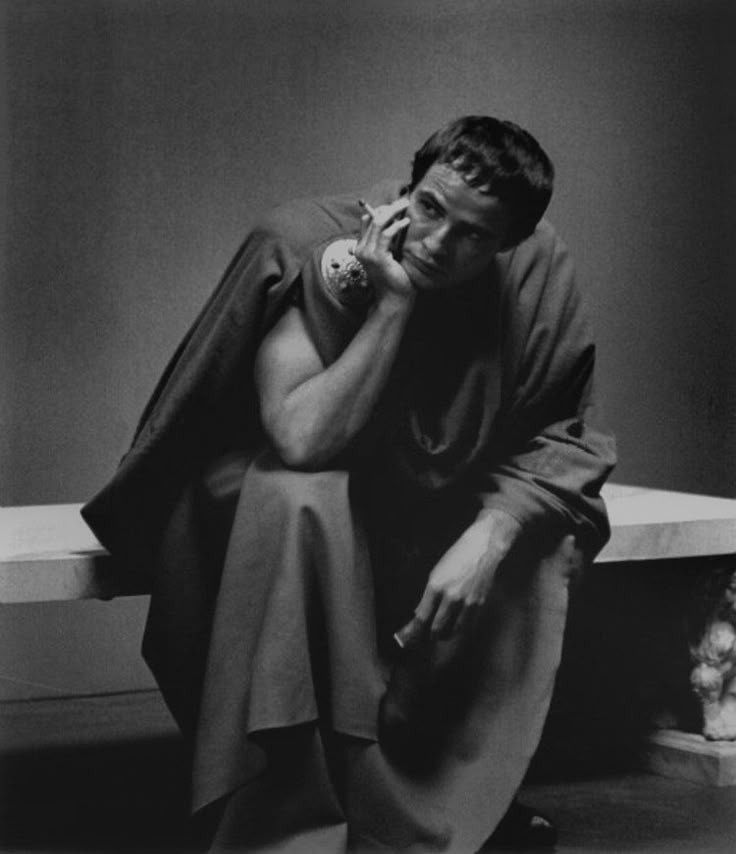
The cultural movement of the Renaissance understood itself as a rebirth of classical antiquity and its political, cultural, philosophical, and literary achievements. Political theorists looked to the constitution of the Roman republic and Roman law as a model for political and legal reform, while humanist educators propagated school curricula steeped in classical Latin literature and rhetoric, and early modern poets and playwrights took their inspiration from classical mythology as much as from ancient history. Ancient Rome thus functioned as a major point of reference for some of the most pressing cultural and political questions of the Renaissance: how do empires fall, and how do republics degenerate into autocracies? Can the lessons of the past offer a reliable guide to the future, and can a new literary and political culture be reconstructed from the fragmented remains of an empire that seemingly collapsed more than thousand years ago? And can a pagan culture and morality really serve as a model for Christian societies?
In this seminar, we will address these and further question by studying one of the most popular dramatic genres on the English Renaissance, the Roman play. Often, but not exclusively, these plays put a spotlight on one of the most tumultuous periods of Roman history, the transition from the Roman republic to the empire and the corresponding switch from the rule of elected officials to a (largely) hereditary monarchy in the first century BC. The most canonical specimen of this genre, Shakespeare’s Julius Caesar, will therefore be central to this seminar. However, we will also read Shakespeare’s Coriolanus, which offers a rather ambivalent vision of the Roman republic in the fifth century BC and the vulnerability of democracies, as well as Shakespeare’s Anthony and Cleopatra, which places ancient Rome in the wider world of the Mediterranean sphere. We will contextualise these plays in a number of shorter, non-dramatic texts (or excerpts thereof), which shed light on Renaissance attitudes towards Rome, while also reading short excerpts from some key classical texts (in English translation), including Plutarch’s biographies of illustrious Romans such as Julius Caesar in his Parallel Lives (an important source for Shakespeare) or Seneca’s tragedies, which were widely imitated in Shakespeare’s day.
In order to gain credit, regular attendance and active participation in class discussions are mandatory. (More than two unexcused absences disqualify students from gaining credit.) Students are expected write a seminar paper at the end of the semester.
Learning outcomes: On completion of the course, students will have practised their close reading skills and have become familiar with fundamental aspects of the early modern reception of classical antiquity. They will have gained a thorough understanding of Shakespeare’s Roman plays and their political and cultural conterns. They will have learned to evaluate literary texts critically in the form of research papers and to use both textual evidence and secondary sources to develop scholarly arguments.
Bibliography: Students are expected to acquire a copy of the following plays in the course of the semester (the following editions are recommended, but alternative critical editions are acceptable as well):
· William Shakespeare, Julius Caesar, ed. David Daniell, The Arden Shakespeare, London: Bloomsbury, 1998.
· William Shakespeare, Coriolanus, ed. Peter Holland, The Arden Shakespeare, London: Bloomsbury, 2013.
· William Shakespeare, Anthony and Cleopatra, ed. John Wilders, The Arden Shakespeare, London: Bloomsbury, 1995.
- Enseignant·e: Kilian Markus Schindler
